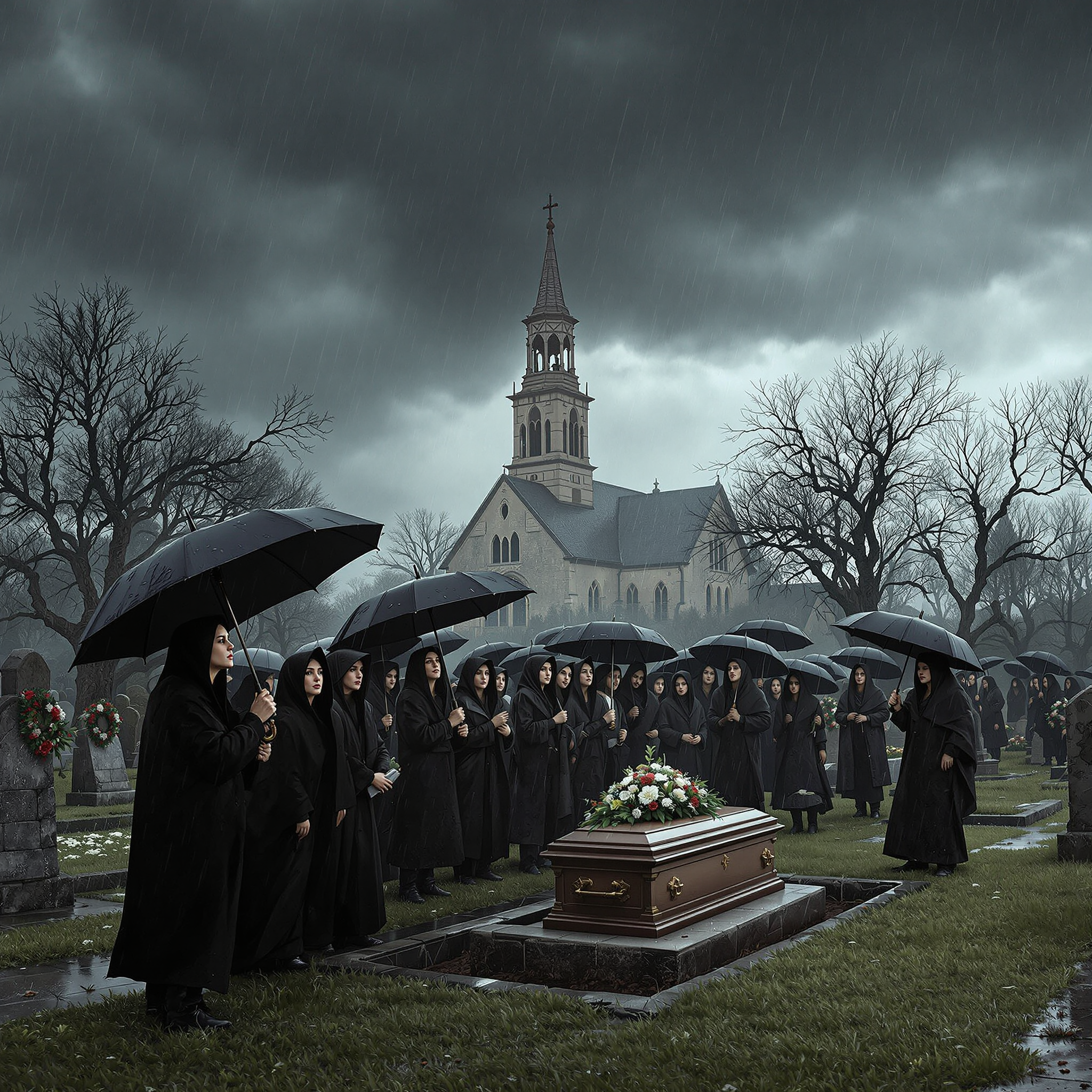This superstition warns that if bells are not rung during a funeral procession or burial, the community may be punished by a hailstorm. The ritual of tolling funeral bells served not only to honor the deceased and alert the village of death but also to spiritually cleanse the area and ward off malevolent forces. Bells held spiritual significance, often believed to drive away evil spirits or disrupt supernatural phenomena. The absence of this sound was considered disrespectful to both the dead and divine forces, potentially resulting in a weather-related punishment such as hail — a damaging and ominous natural occurrence. Historically, this belief likely served to ensure communal adherence to funeral rites and maintain religious reverence around death.

A baby’s future career or fate is predicted by the first object they select during a ceremonial setup.
In several Asian and Eastern European cultures, a traditional ceremony is held for babies usually around their first birthday. Known


